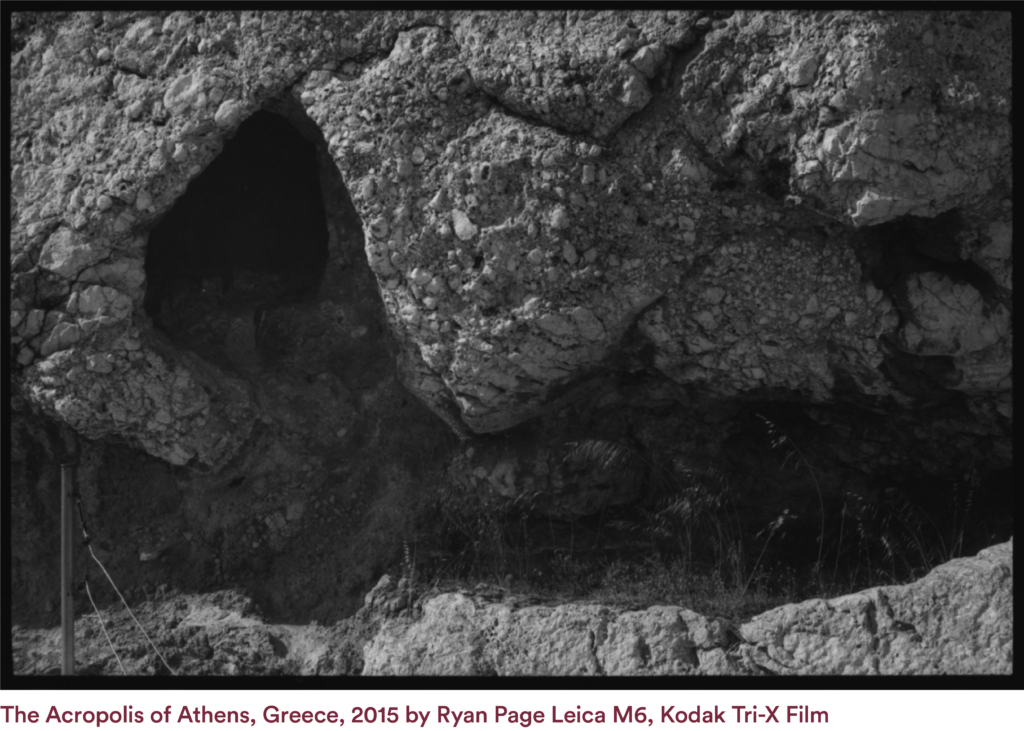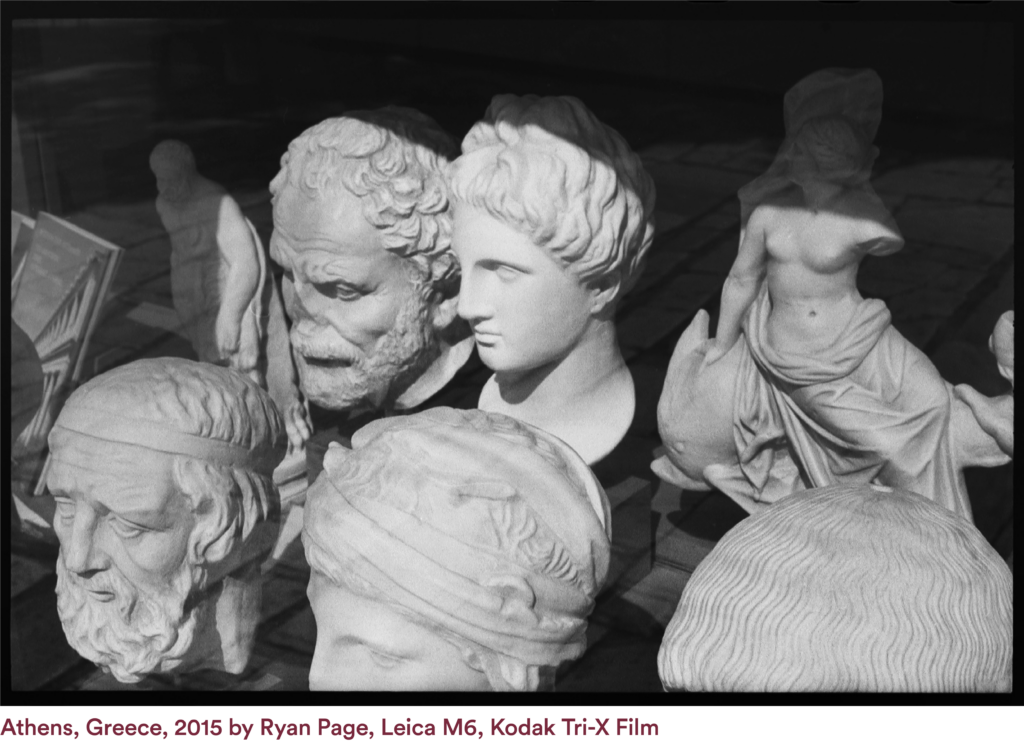I’ve been spending a lot of time in new-to-me places lately, so the themes of wonder, awe, and mystery that our fantastic contributor explores in this issue have particularly resonated with me.
So much of our lives are spent rooted in cycles and routines—which are important, and the stuff of life. But equally as important are the moments where we have the chance to step outside those routines and become truly awe-struck by the immensity of the world around us.
Majestic mountain ranges and chromatic sunsets and thousand-year-old ruins can inspire this important sense of wonder in us, but so can smaller, quotidian things, like the way the light filters through the tree outside your bedroom window, or a surprisingly profound question posed by an impossibly young child.
We can witness these small splendors, and then we can return to ourselves, with a renewed sense of humility and respect for our role in it all.
Happy returns,![]() Ally
Ally

September is often a month marked by anticipation—it’s about coming home. Be it school, fashion week, football, or the fall equinox, September, above all other months, embodies the sentiment of “returning to.”
September, the word itself, comes from the Latin word septem, meaning 7. Though it’s the ninth month in our modern Gregorian calendar, in the Roman calendar (which began in March), September was the seventh month. In the study of numerology, Pythagoras, the Greek mathematician and philosopher and the thorn in every grade school student’s side, assigned the number 7 the meaning of spirituality, based on the idea that it represented the union of 4 (representing the physical) with 3 (representing the spiritual).
As a well-regarded scholar of life and death, Pythagoras knew a thing or two about spirituality. One example of this was his taking part in the Eleusinian Mysteries, like many intellectuals of his day. These Mysteries took place in September over nine days and are said to be initiations into the cult of Demeter, regarded as the Goddess of the Harvest, and her daughter Persephone, regarded as the Queen of the Underworld (#welovetoseeit!). Initiates came from all over Greece, and later from the Roman world too. They made the procession from Athens to the city of Eleusis, culminating in an event so secretive that, to this day, we cannot definitively say what happened.
We do know that women led this ritual, and that at some point on day seven, a drink, the kykeon, was drunk by initiates. Besides water and barley, what the kykeon contained is hotly contested in the modern day. There is much speculation that it contained ergot, a form of fungi that can grow on grains, producing a psychedelic effect for those who consume it, but this is yet to be scientifically proven. Psychedelic or not, after drinking the kykeon, initiates were said to leave the Mysteries with a sense of immortality, no longer fearing death. This, they believed, is what actually allowed them to not only live, but feel alive.
Once the procession back to Athens was complete, no one spoke of the Mysteries, as doing so was punishable by death—a commitment everyone took seriously. The Mysteries remain just that. The opacity of the events has kept researchers busy for decades trying to bring certainty to this era of the unknown.
To the Greeks, mystery was a secret right, not just something unexplainable. The meaning of the word is in its etymology, which is the Greek word mustērion. In the Ancient World, mystery was treated with the most profound respect. Mystery was protected. It was valued. It was sacred. It wasn’t just 9 days spent engaged in the Mysteries, it was also the 356 days outside of the event that were vital to its impact on its initiates. To gain the full benefit from attending the Mysteries, the departure and disconnection from the ritual—as well as the discretion about what actually happened—allowed the anticipation to rebuild year over year, making the return of the Mysteries feel extra coveted.
Unlike modern day, there was no hopping on Eleusinian-Tok to get a continued dopamine bump of entertainment outside the life-affirming ritual. There was no knowing what the Priestesses—who would carry out the Mysteries the next year—were doing to stay fit in between those ancient retreats. And there was no knowing if the high Priests were taking cold plunges throughout the year to boost their immunity. What did the Greeks know about the importance of departing, disconnecting, and discretion that they were willing to keep the Mysteries a mystery for thousands of years?
This sacred right is a bit different to how mystery is typically used today. UAPs? Mysterious. Kylie Jenner & Timothée Chalamet’s love connection? Mysterious. Mick Jagger’s ability to execute that many hip thrusts at age 80? Mysterious. In the present day, if it can’t be explained, it’s considered mysterious. In our hyper-connected world, we often toss the label of mystery onto topics that don’t allow us the same opportunity of liberation that the Eleusinian Mysteries gave the Greeks. We’ve swung the pendulum from vows of secrecy to oversharing our most intimate and transformative experiences. We have profaned our existence when we’ve deprioritized departing, disconnecting, and discretion.
As we immerse ourselves in another September, we might leave this month thinking more about how values of departing and disconnecting contribute to our state of being and our capacity to feel alive. And we might reclaim the secret right that is mystery, allowing us to revel in wonder for all that we are truly connected to and build anticipation for the return of those experiences we value most.











